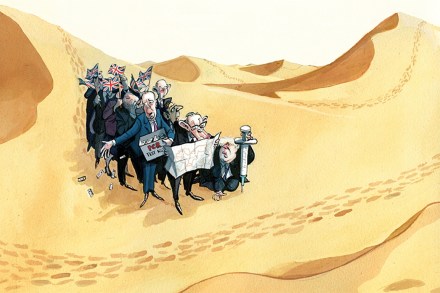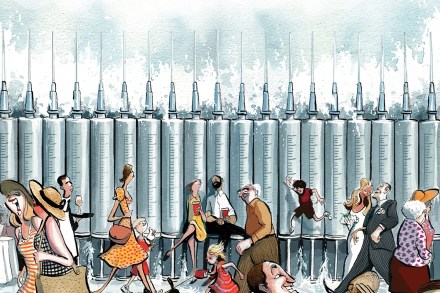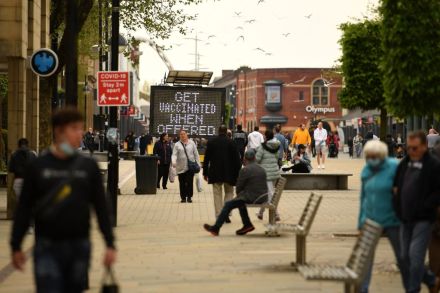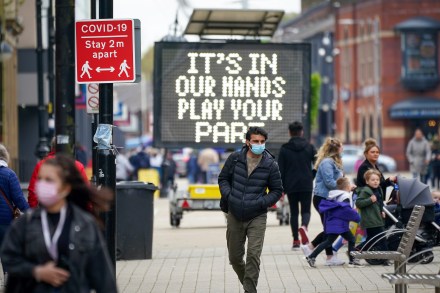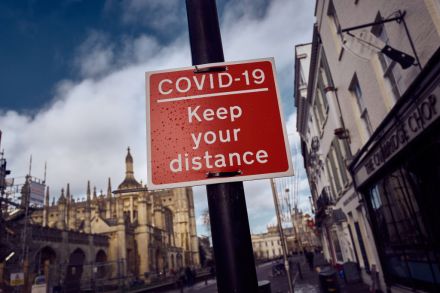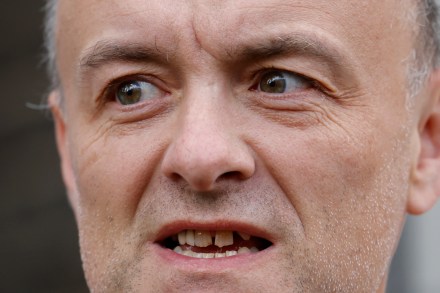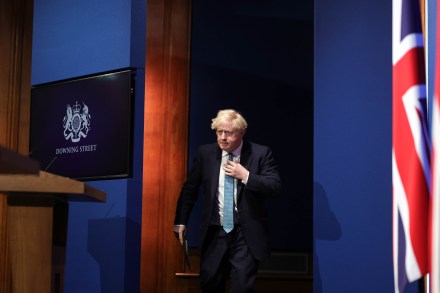The risky business of delaying 21 June
It seems almost certain that ‘freedom day’ will be delayed. So now we consider the details. On the latest episode of Coffee House Shots, we debate the implications of extending restrictions and what that would mean – not just for the summer – but for the rest of the year. Fraser Nelson makes the case for caution on the podcast (and on Coffee House here), arguing that the Delta variant has changed the equation and the PM should be given the benefit of the doubt, as well as a little more time to get a ‘reasonable grasp of the risks and trade-offs.’ There was broad agreement between us that the issue isn’t so much the
